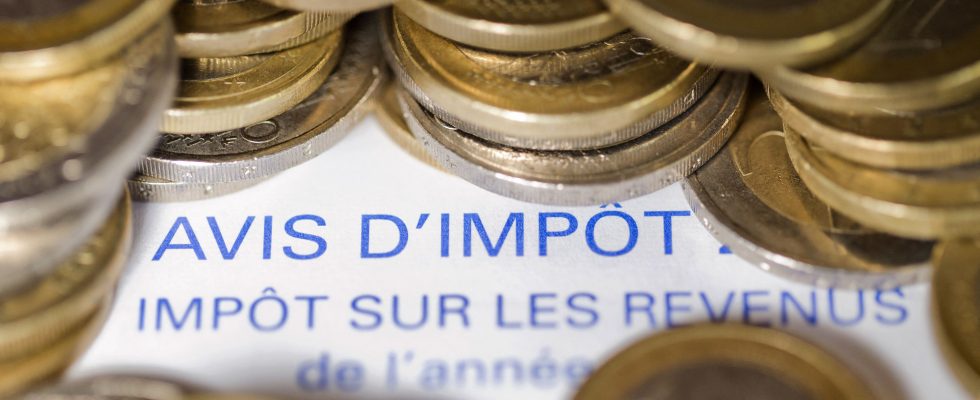Pierre Boyer is a professor at Polytechnique, deputy director of the Institute of Public Policies and a member of the compulsory levies council. He is the author of Can you be happy paying taxes? an essay which has just been published by PUF. For L’Express, he points out the complex relationship between the French and the tax authorities: weak consent to tax, but strong civic-mindedness.
L’Express: The feeling of tax overload is today widespread among the population. Should we see this as the logical consequence of a record rate of compulsory deductions?
Pierre Boyer: Since the Revolution, the history of France has been punctuated by fiscal anger. But we had the feeling that the relationship between the French and taxes had rather calmed down since the Trente Glorieuses. We have observed an opposite movement for ten years, with the multiplication of fiscal eruptions, from red caps to yellow vests including pigeons. And it is true that, over the past decade, the rate of compulsory deductions has increased, going from 41% in 2009 to almost 45% today. A record level.
However, we don’t really have an instrument to make the link between the two. The survey data relating to the notion of fiscal fed up, collected by the compulsory levies council, are recent. What we see is that since 2021 this sentiment has been relatively stable. In absolute terms, the level of taxes is not the only thing to look at to justify the perception of excessive taxes and the anger associated with it. There are countries where citizens are heavily taxed and where life satisfaction is also very high, such as the Scandinavian countries. The relationship of the taxpayer citizen to his taxes is therefore very complex.
Would you say that France’s real problem is more that of consent to tax?
Yes ! The real question to ask is this: what is the counterpart of the very high level of levies that we have? If we had 4-star public services, effective policies to combat poverty or poor housing, and a very efficient health system, then citizens’ perceptions of the level of taxes would be different. If those who pay the tax do not perceive that the rewards are up to par, then the social and fiscal contract is broken. However, in various surveys, we have detected a growing dissatisfaction of the French with the use of public money. I would add that the opacity and ignorance of the socio-fiscal system are a source of distrust and that they are also associated with this decline in consent to tax.
Does this decline in consent to tax undermine democracy?
All of this takes us back to the origins of why taxes exist. As the historian Nicolas Delalande has very well shown, the French Revolution was born from a tax revolt intended not to eliminate the principle of tax, but to legitimize it by giving it the anointing of the consent of the nation. In a democratic society, we know collectively that we are going to have to pay taxes: we want a modern State, we want to be protected, to live in security… So citizens agree to pay a common contribution. But they want to consent to it freely, and above all they want those responsible for managing it not to do anything with it.
In reality, consent to tax has two elements. The first is adherence to the system. On this point, the French are very unhappy, since 75% of them think that they pay too much tax. This level of rejection of the socio-fiscal system must give pause to political decision-makers, because a very large majority of the population does not demonstrate political acceptance of the levies. The second point is the principle of tax. And there, 80% of French people think that it is a civic act, they are in favor of it. The principle of tax is therefore very accepted in France, and tax citizenship is strong.
Does this tax citizenship protect us, in a certain way, from a debt crisis?
For now yes ! The French debt, which is very large, has no problem selling to international investors, because the markets know that this tax morale is strong. If tomorrow, in the event of a shock or crisis, taxes have to be raised, then the French state will be able to do so. The concept of “too much tax kills tax” is an attractive, but biased construct. It all depends on the moment.
In times of war, citizens are willing to pay more to ensure their security. The difficulty for the public decision-maker is not to make a mistake. If the words of those who say today that we are at war against global warming are credible, then tools like the carbon tax could be accepted, which has not been the case until now. This obviously refers to the question of trust in public speech and in the story that is woven. Given the dissatisfaction of the French with the use of public money and the level of debt, it is urgent to reconcile them with taxes.
.
